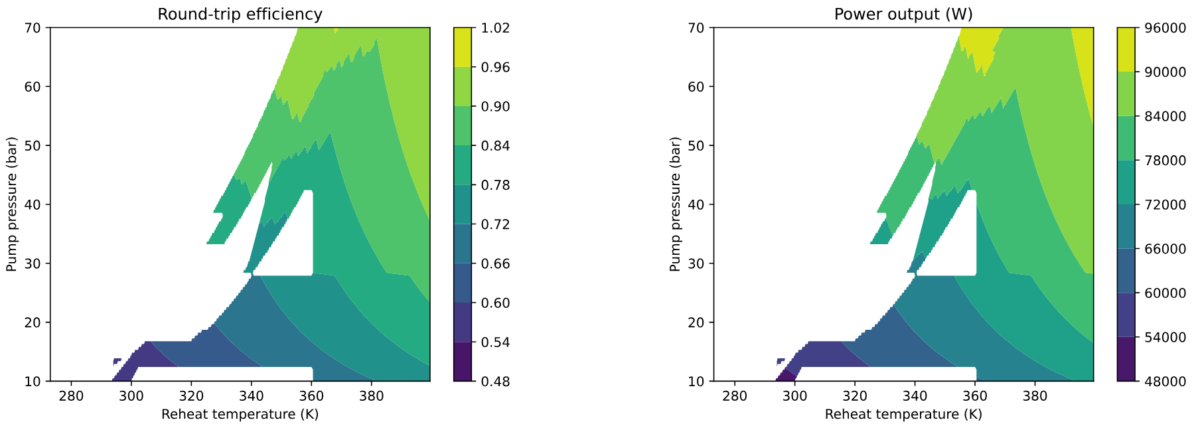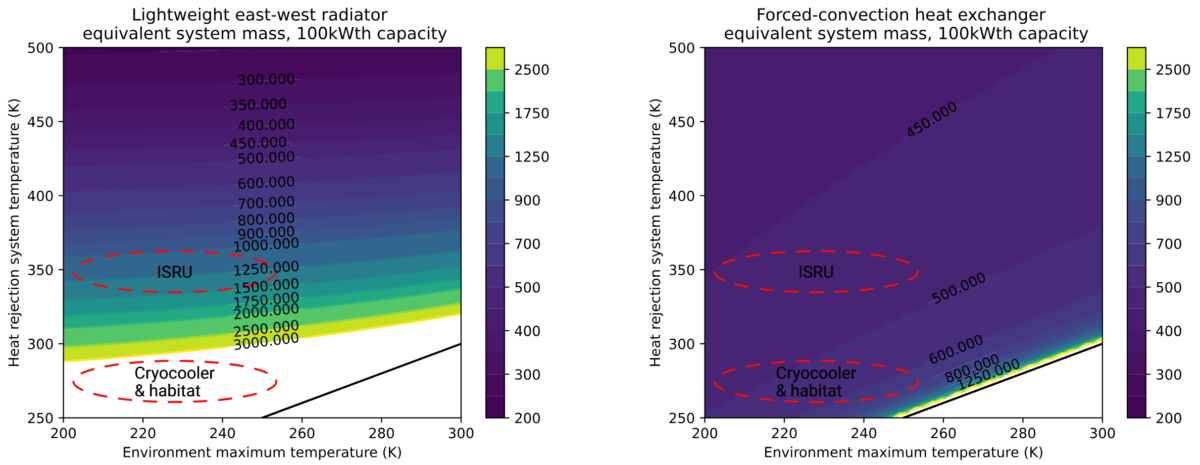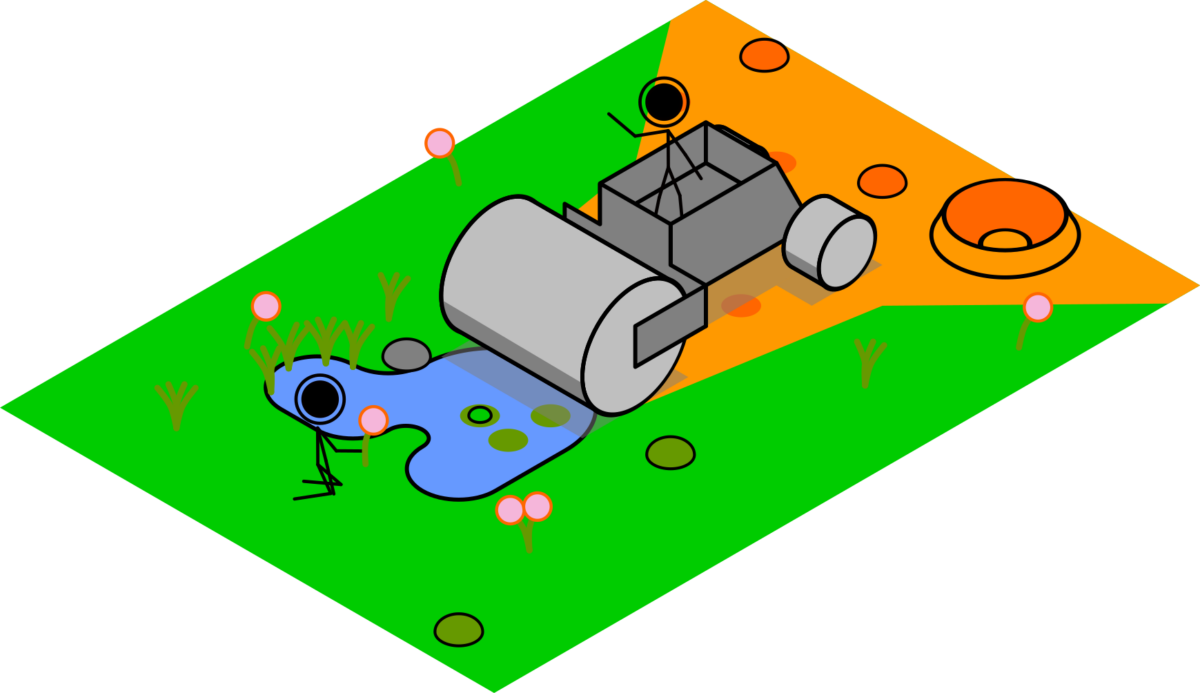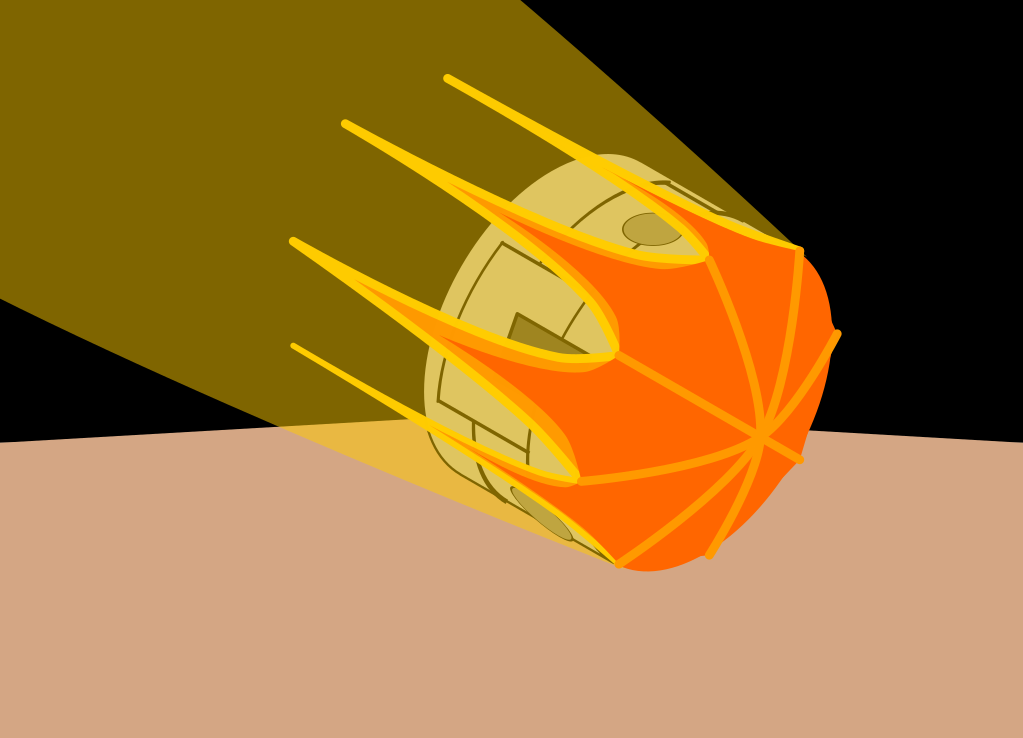Last year I wrapped up my Master’s studies at Cambridge with a year-long thesis project in the Whittle Laboratory, doing some very exciting work optimising ISRU components for Martian operation at scale. In the aftermath I continued pulling on threads in the thermodynamic optimisation space at the kilo- and mega-scale, and got to some equally fun conclusions. I’ve neglected to share these, apart from with some select people who asked, until I got a poke from a colleague that they might be appreciated. So enjoy – this is part 3 of 3 shortform reports that accompany the main thesis text.
Large-Scale Energy Storage for Mars





